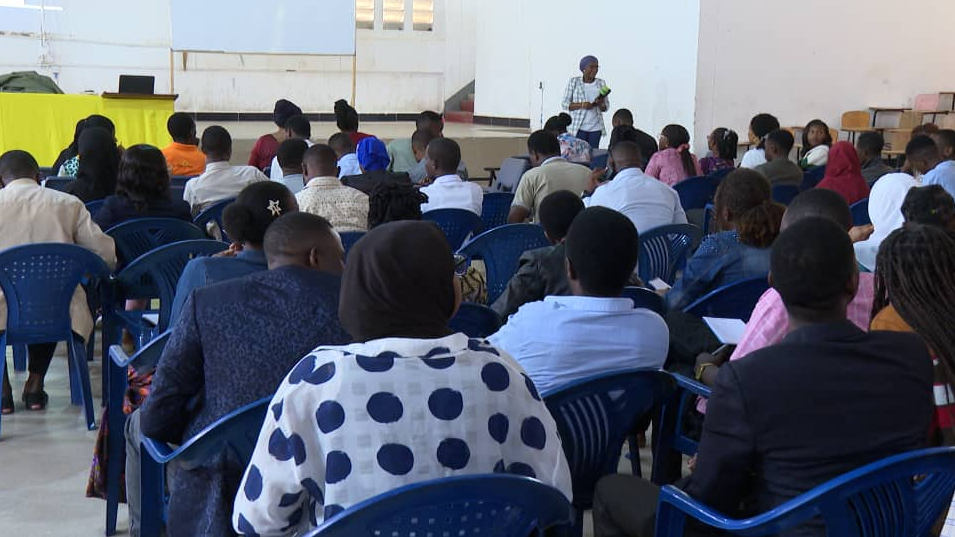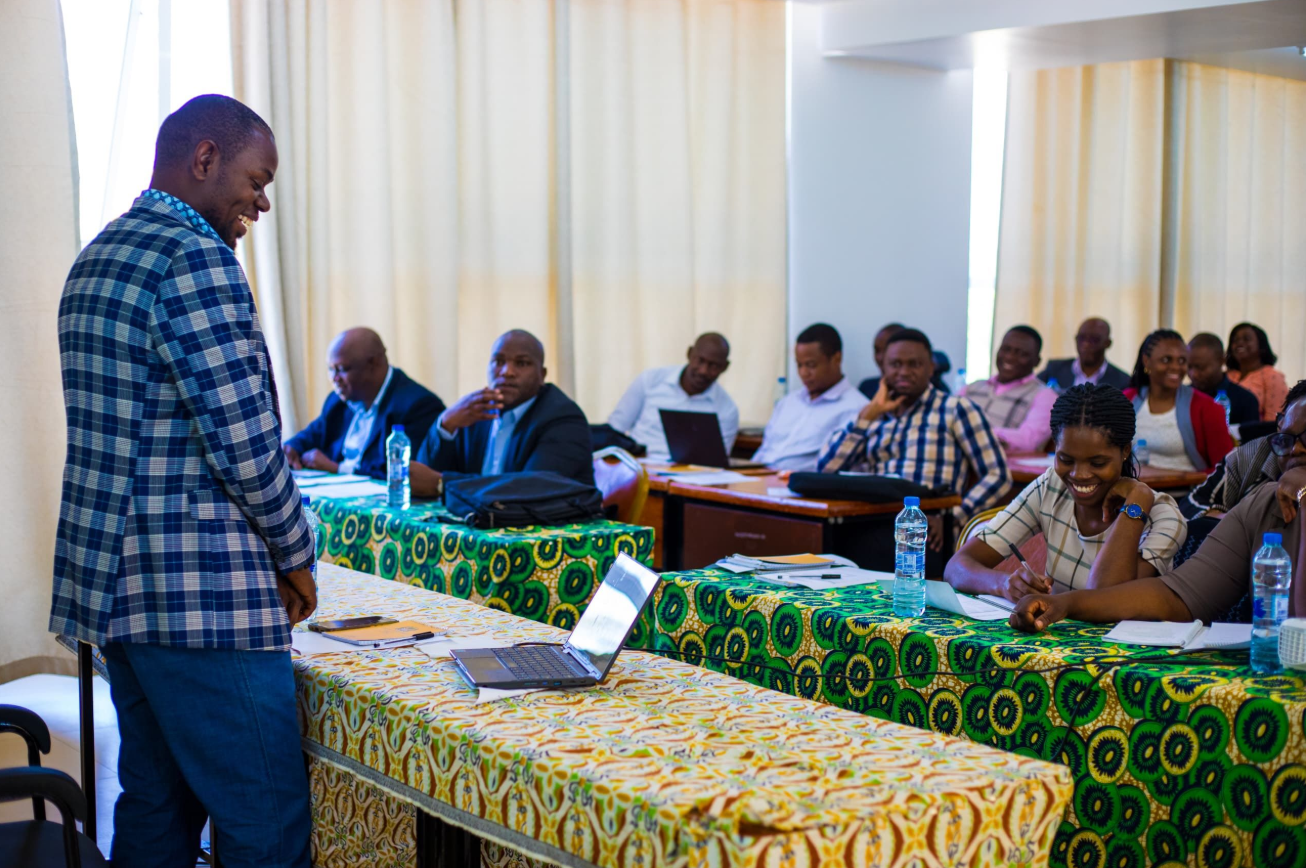
It Starts Before It Starts
No one tells you that the interview begins before you speak. Before you sit. Maybe even before you enter the room.
Someone’s watching — not necessarily in a bad way — but they notice things. How you open the door. If you hesitate. If you smile first. If you don’t.
There was this guy I knew — smart, experienced. He paused too long in the doorway. Just a second too long. Didn’t say anything wrong. But the panel remembered that pause more than his answers.
Clothing Is a Silent Conversation
People say, “Be yourself,” but they also expect you to dress like someone you’re not quite yet.
It’s not always about looking nice. It’s about saying, “I know what this room expects.”
Doreen learned that the hard way. She wore what she felt comfortable in — clean, modest, nothing flashy. But it wasn’t what the room was used to seeing. She could feel it. Their posture changed. She was still her. Just… not the version they imagined.
So she changed outfits. Not herself. Just the way she entered the room.
You Can Say Everything Right and Still Be Misunderstood
Your body says things your words can’t cover.
You could talk confidently, smile even, but if your hands are fidgeting, or your eyes keep shifting — they’ll feel it. They may not even know why.
A guy once told me he thought he crushed his interview. Nailed every answer. But afterward, he heard he “seemed closed off.”
He didn’t remember crossing his arms. But that’s what they remembered.

Rehearsal Isn’t the Same as Readiness
You practice. Of course, you do.
You go over questions in your head. Maybe in the mirror. Maybe with a friend.
Then you sit in the room, and the words come out perfect… but dead.
A woman I helped once said, “I knew every question they’d ask. I answered like a textbook.”
She didn’t get the job.
They said she sounded “too polished.” Not present. Like someone reading off a page.
The Room Has a Pulse — You Need to Feel It
Some interviewers are cold. Some are trying to be your friend.
You can’t know until you’re there.
One guy kept his answers formal and stiff. Thought he was doing well.
But the panel was joking, smiling, trying to open him up. He never followed.
Later, he said, “I didn’t know I was allowed to loosen up.”
He was.
The Brain Freeze Is Inevitable
It happens. Even if you’re ready.
Someone asks something weird, or your brain blanks. You panic. Just a little.
It feels like forever.
But it’s not.
You can recover. Say, “Give me a second.” Or, “That caught me off guard.” That’s better than pretending.
People respect honesty more than smooth lies.
Walking Out Doesn’t End It
The moment you leave, you think it’s over. Done.
But it’s not.
A short note. A quick thank-you. A reference to something real from the conversation — not just, “Thanks for your time.” That’s what sticks.
I know someone who emailed one sentence: “That story about your dog made my morning.” That’s all.
They remembered her.
They’re Not Just Hiring a Skill Set
Your résumé says a lot. But it’s not enough.
People want to know if you’ll show up when it’s hard. If you’ll stay calm when things go wrong. If you’ll make the room lighter or heavier.
One recruiter said, “I can teach someone how to do the work. I can’t teach them how to not make things worse when it’s stressful.”
That’s what they’re looking for. And you can’t fake it.
Don’t Try to Win. Just Try to Be There.
Most of the people who get hired weren’t the flashiest.
They just felt real. They weren’t perfect. They missed words, paused awkwardly, maybe stumbled once or twice.
But they listened. They stayed present. They didn’t try to perform.
That’s the thing. People remember presence, not polish.